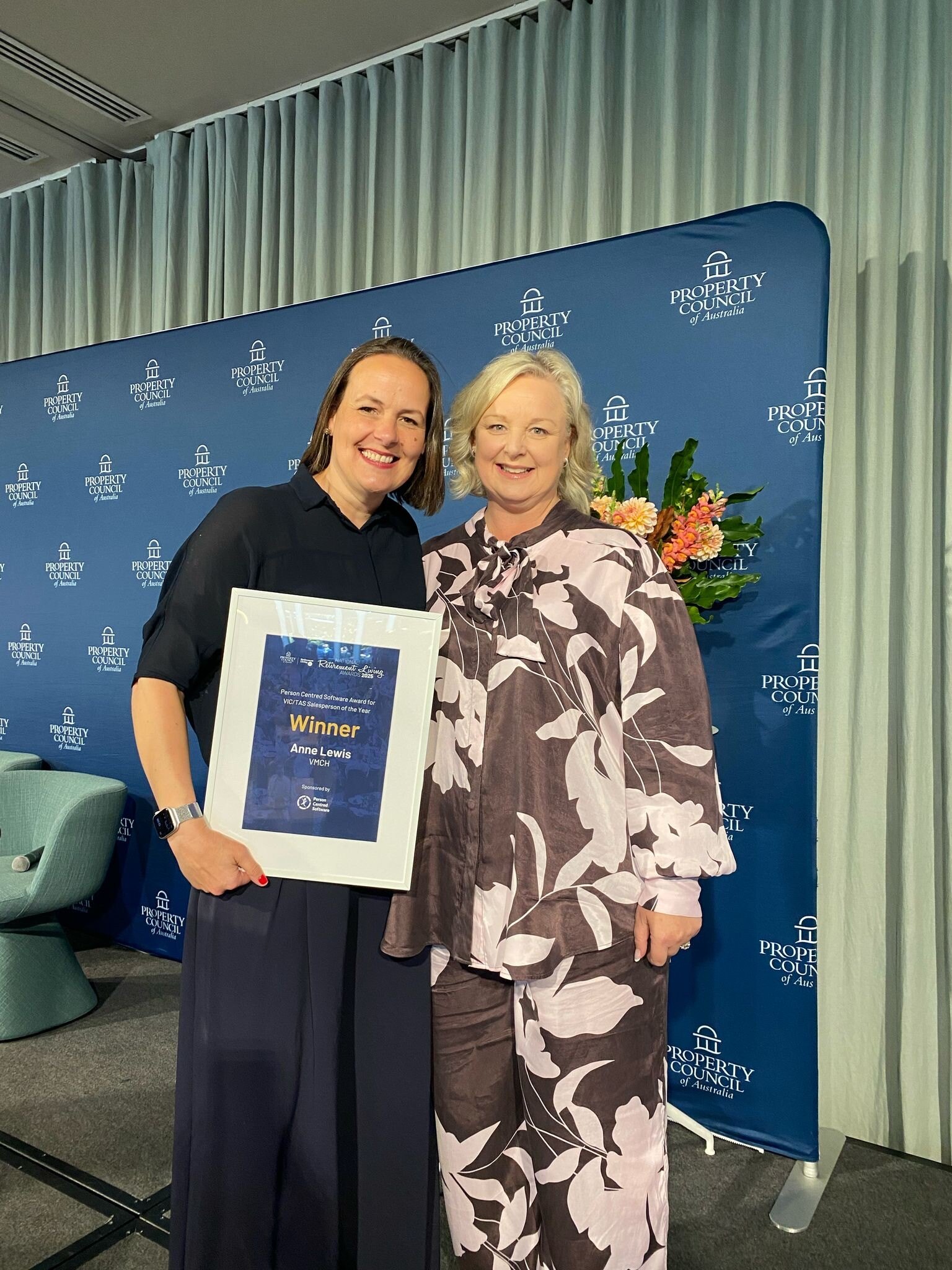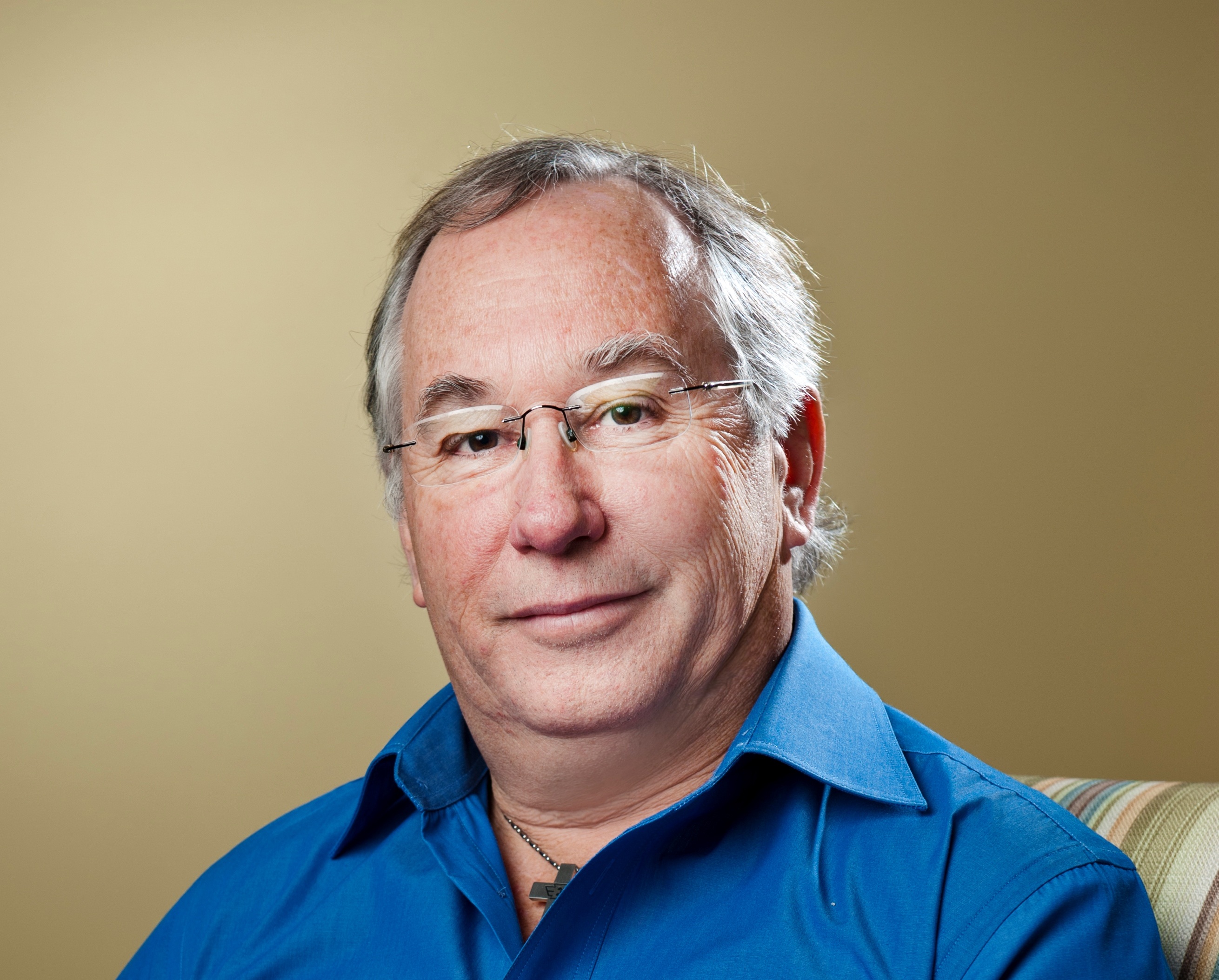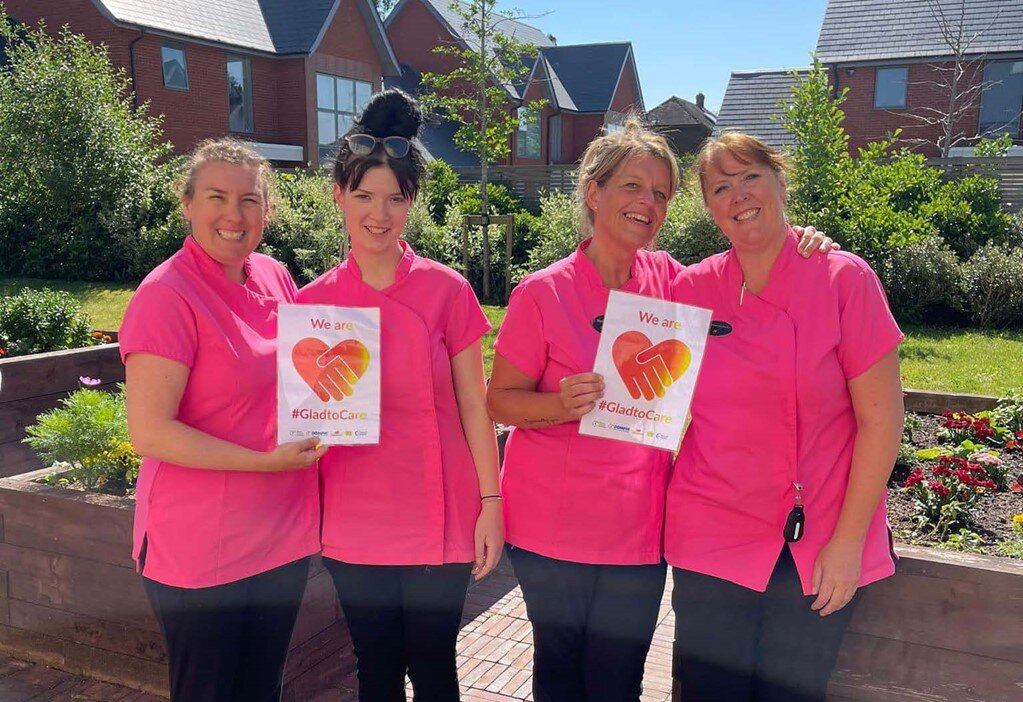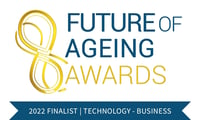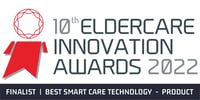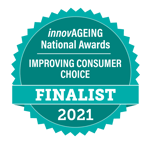Aged care expert Mark Sheldon-Stemm is calling for more facilities to implement systems that prioritise resident wellbeing over the prospect of extra government funding by embracing technological innovations that put residents at the forefront.
Mark, who has worked in the aged care sector for over 20 years at CEO and CFO level, has been responsible for the introduction of a number of systems into aged care, with the latest being the Consumer Directed Care models used by residential aged care providers.
Mark is a longstanding supporter of technological innovations in aged care, however, is frustrated by the slow uptake of these across the board.
Mark explains: “There are few providers that properly use technology. The rest waste their use of technology or steer away from it completely, simply because they do not know how to use it and therefore do not understand the benefits.”
Where it is being used, Mark believes care providers are choosing to adopt technology for the wrong reasons – focussing on satisfying the Government rather than the resident.
“The reason for the use of any technology by aged care providers is driven by two factors. Number one is being able to claim money for care. Number two is being able to provide information on compliance. The majority of providers think the Government is their customer, so the technology used is often to satisfy the Government, not the resident/client,” he says.
In order to be successful, Mark recommends facilities take a more person-centred approach to care delivery and recognises that digital systems such as Person Centred Software’s Mobile Care Monitoring can be helpful in achieving this.
“Facilities should be focussing more on the individual client/resident and achieving their goals and wishes. Technology can certainly help with this. When used properly, it is effective at providing good base data for understanding the health and wellbeing of a person on a regular basis. This means better planning can be introduced to maintain somebody’s health and wellbeing, and to match the workforce required based on their current conditions.”
Another benefit of such software, Mark feels, is the timesaving it offers users, enabling facilities and their workforce to reinvest admin time into giving residents what they want, not just what they need.
“Historically, the aged care industry is driven by tasks rather than relationships. The question providers need to start answering is – are actions adding value to the person’s life or are they, for example, just showering them to keep them clean and then moving on?”
“Once health and care monitoring are adopted, there reaches a point where time can be not only saved but redirected into providing better connected services and allowing the people to live the life that they had prior to taking up residency in aged care.”
With the Aged Care Funding Instrument (ACFI) set to change next year, Mark says Mobile Care Monitoring’s ability to provide an accurate overview of the level of care each resident requires, their daily living activities, behaviour and complex health care needs will be increasingly beneficial.
“Person Centred Software’s Mobile Care Monitoring is primarily a communication and workflow system that supports residents and staff to provide the services required. With the funding model changing, there will be greater emphasis on capturing up-to-date data that supports people as they progress in their frailty. This means that software needs to track these changes and provide documentation to support higher levels of care and therefore a re-assessment (from an outside organisation) so the resident receives sufficient funding for their services. The tracking of services and times etc will be really important in the future.”
Mark warns that facilities using paper or less person-centred software as their primary form of documentation are operating at a very high-risk level, where it is likely they will not be able to either access sufficient funds for residents or provide evidence for compliance.
“As for the future, a number of providers have virtually no chance of surviving the changes to aged care unless they make the changes to how they operate, and this includes the use of up to date modern technology.”




